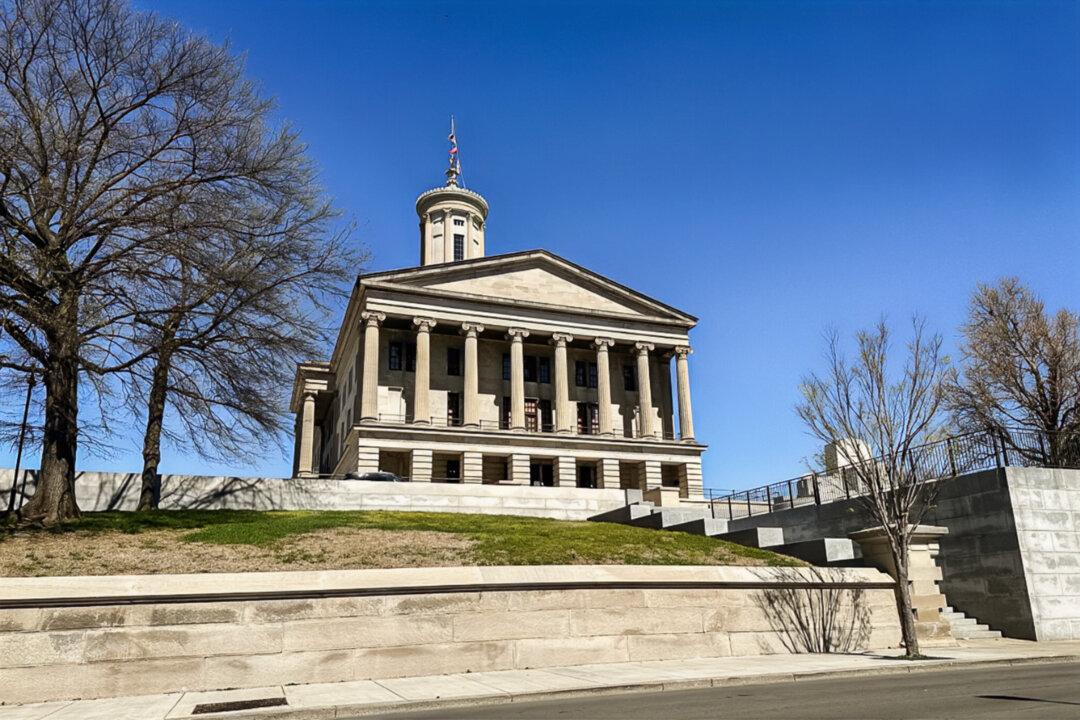Tennessee this week became the latest state to join the fight against what lawmakers say is an attempt by America’s largest banks to impose social credit scores on customers.
Markets
Featured
Tennessee Introduces Law to Ban Political, Religious Discrimination by Banks and Insurers
‘The big banks should have no problem with this if they are not doing that to the people of Tennessee’—State Rep. Jason Zachary.

The Tennessee State Capitol in Nashville on March 29, 2023. Chase Smith/The Epoch Times




